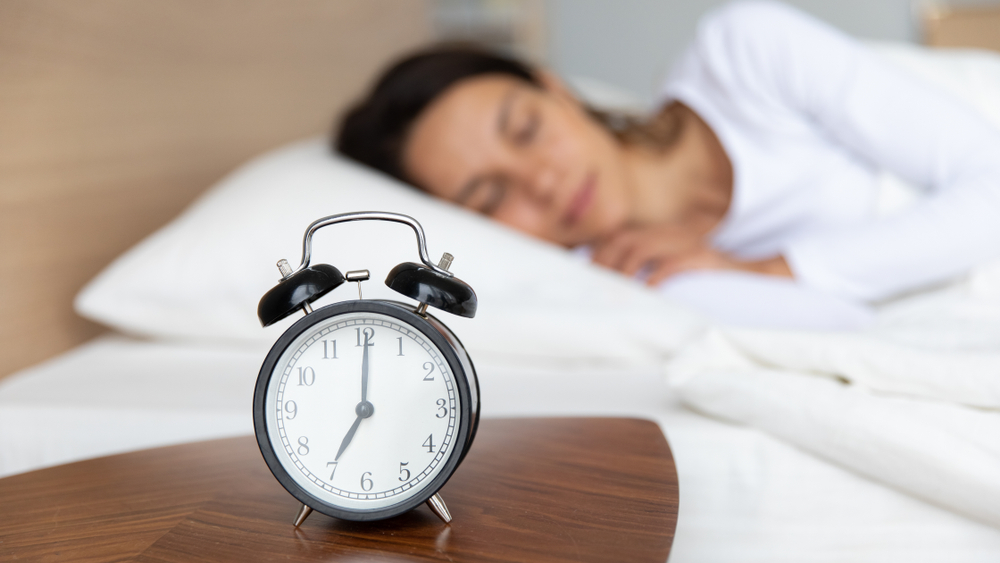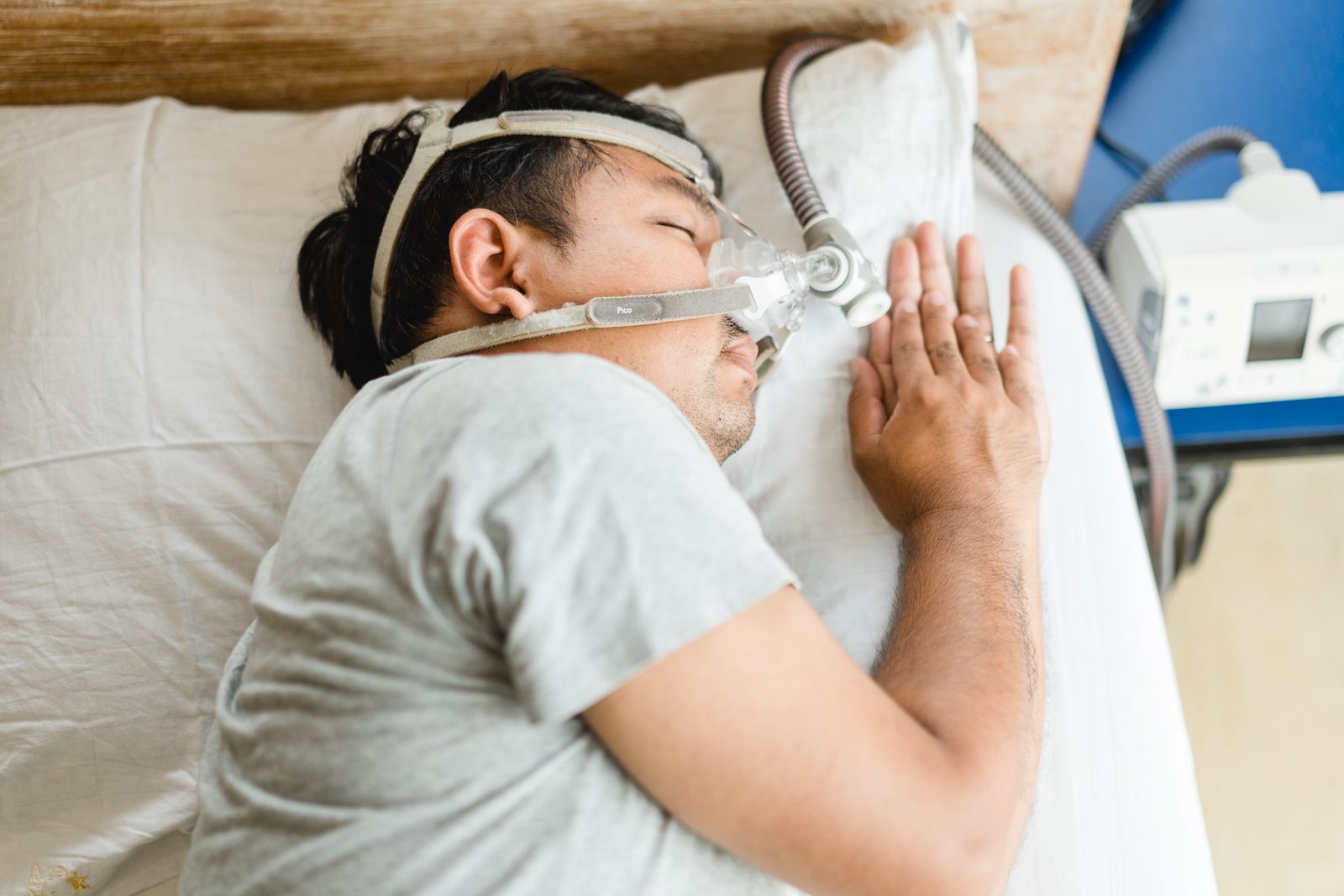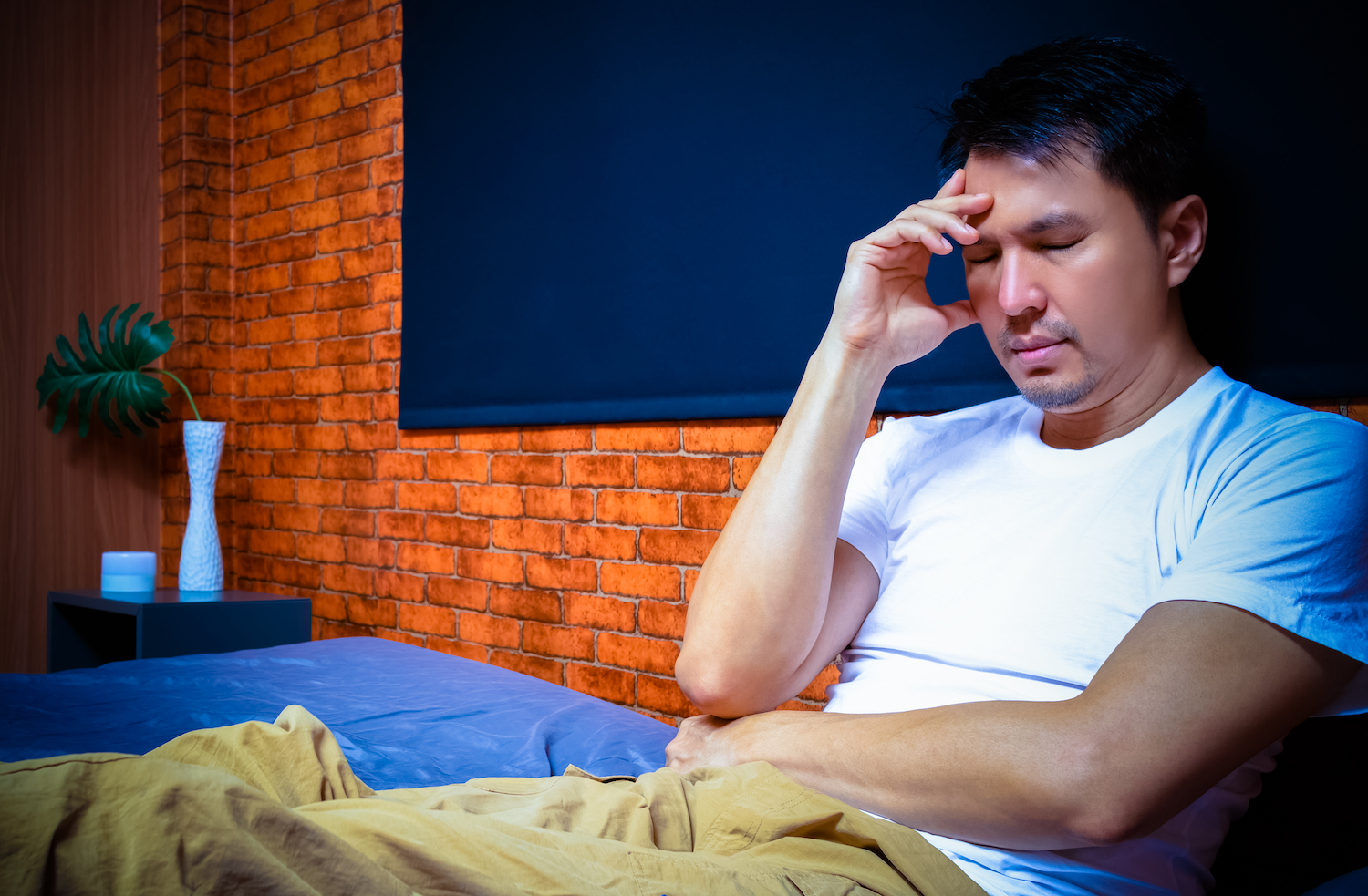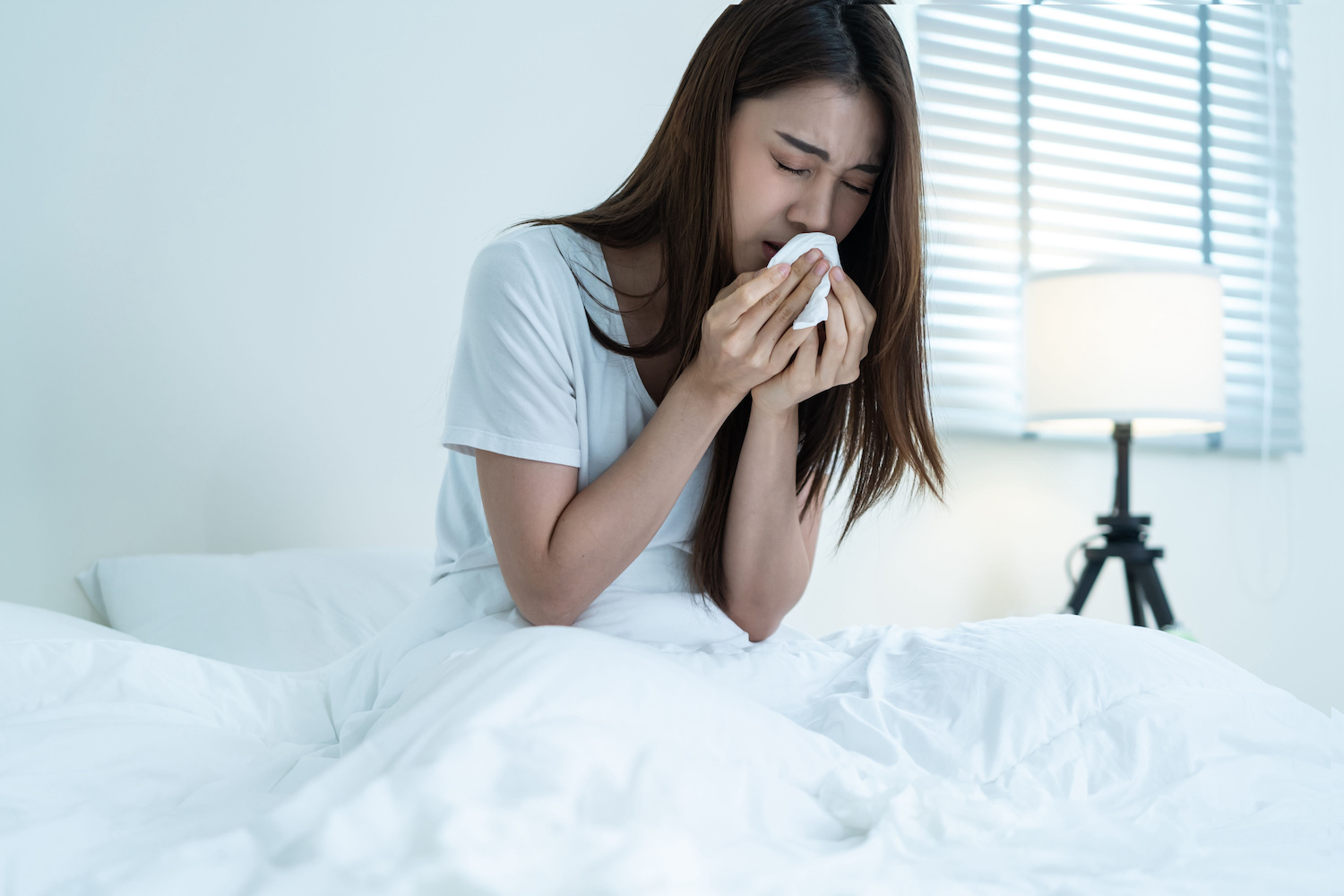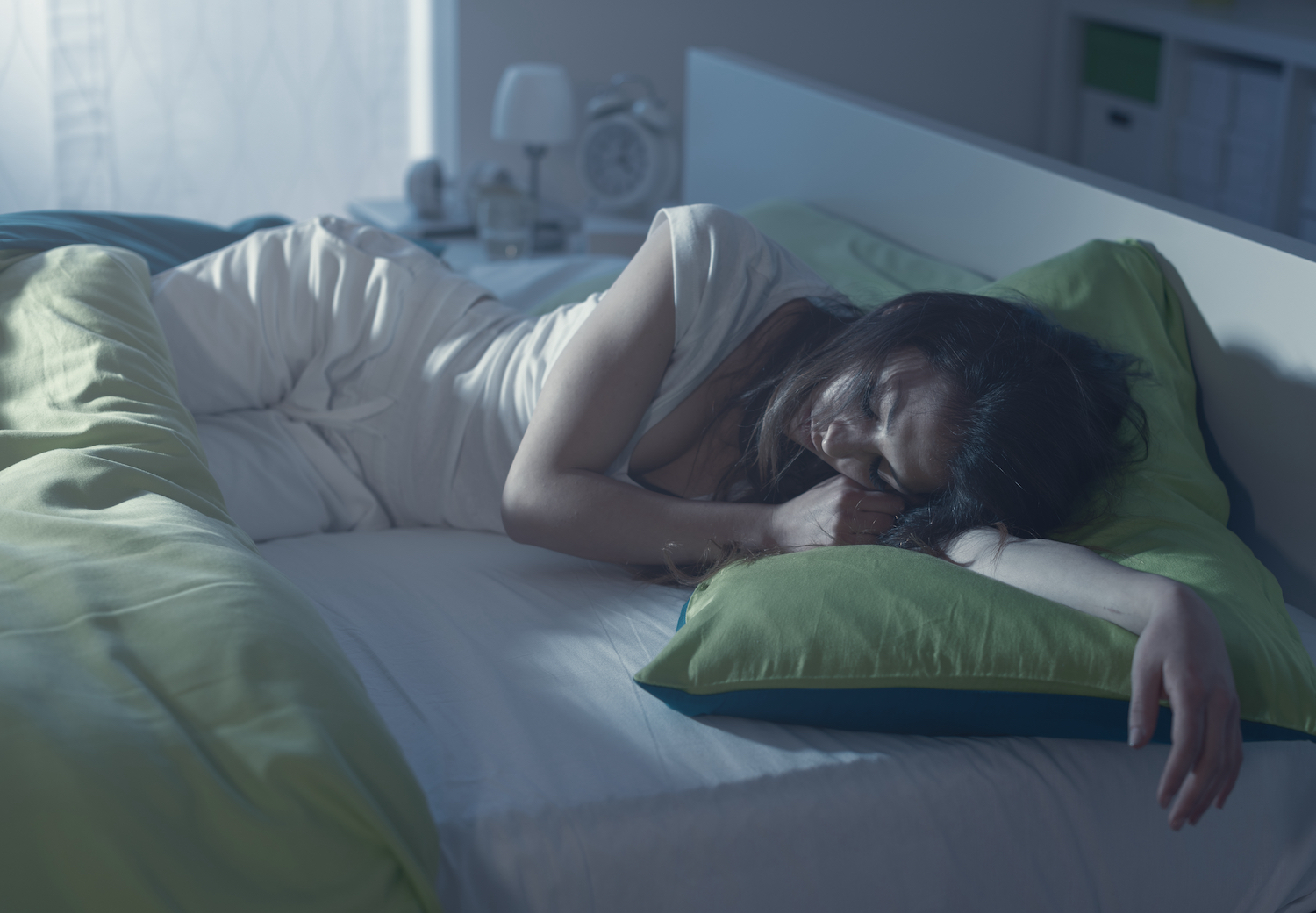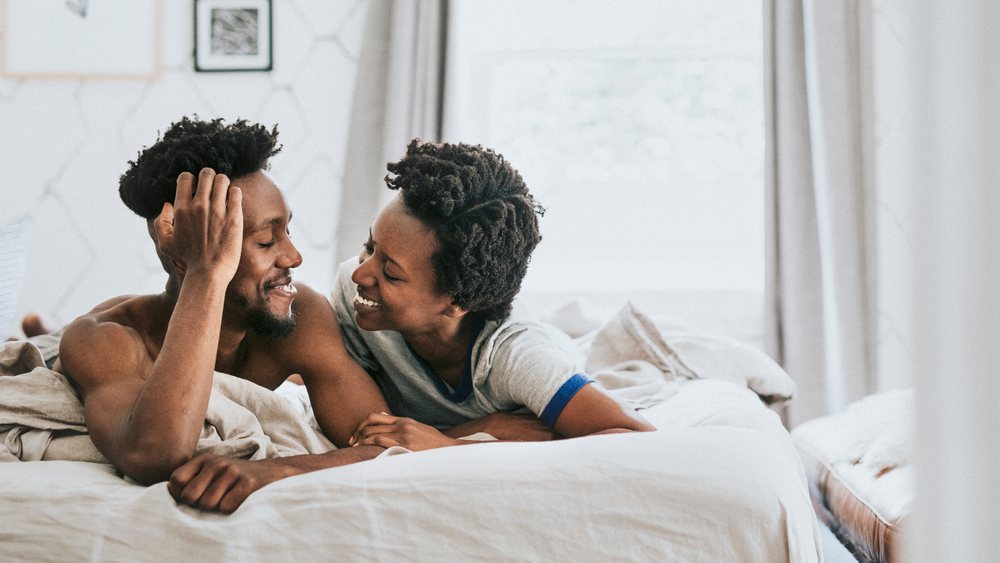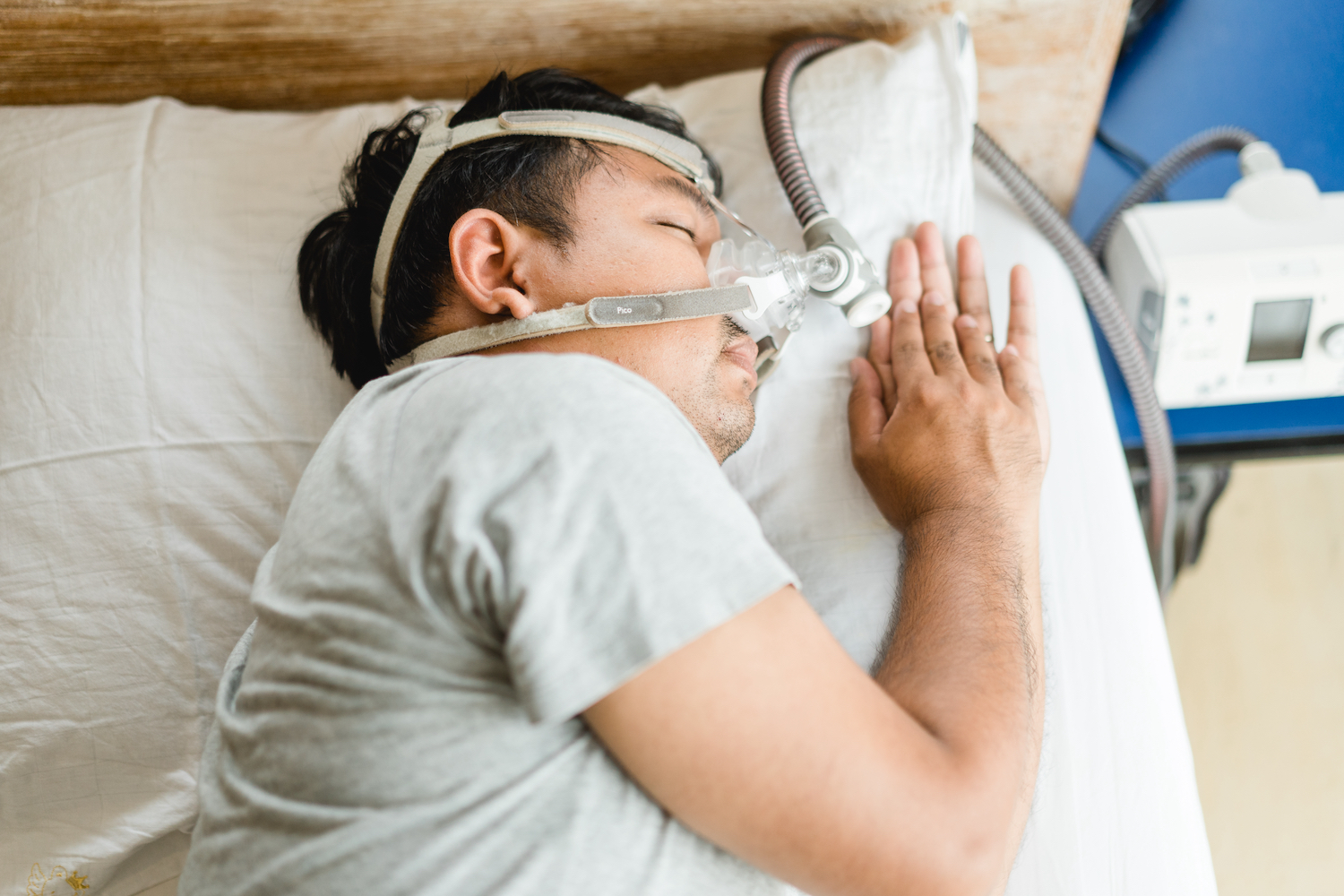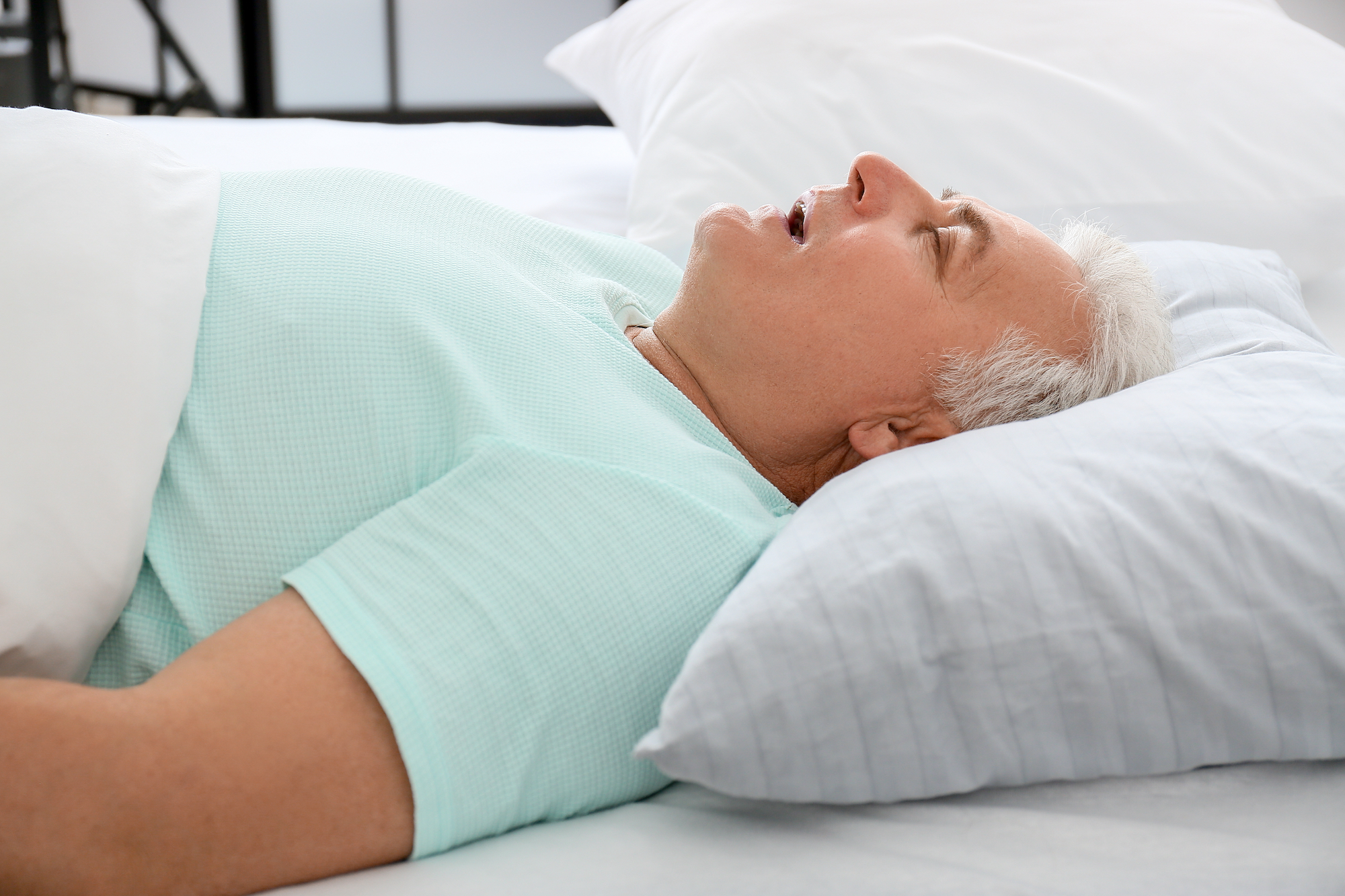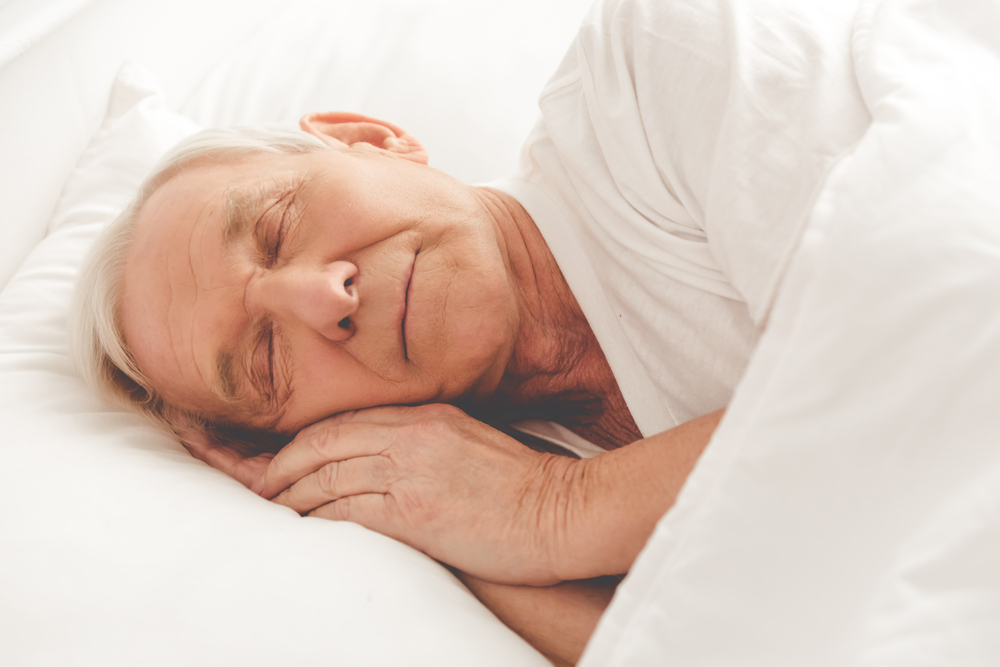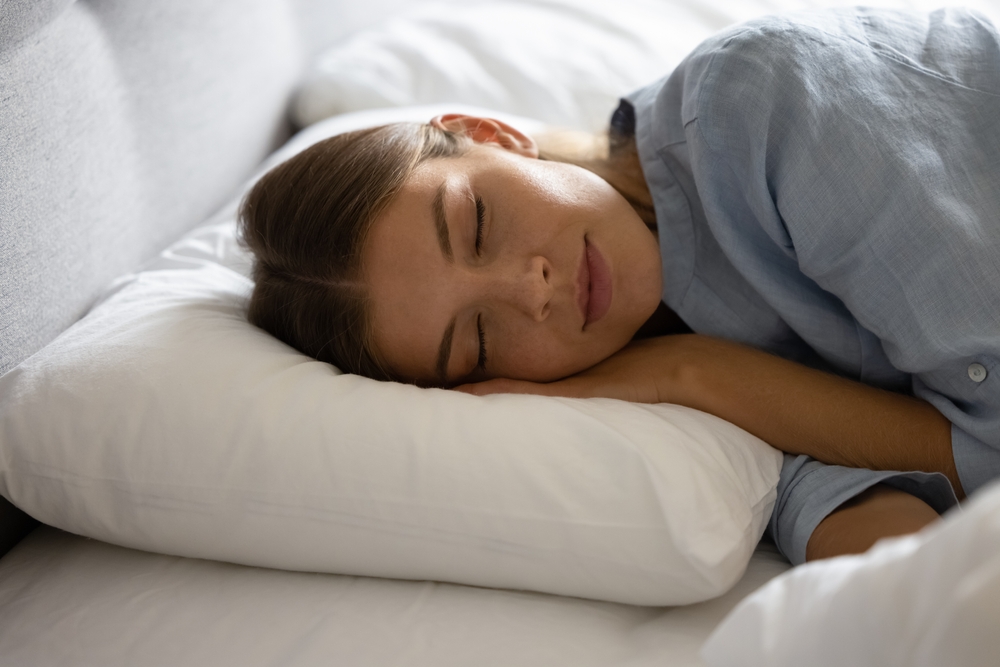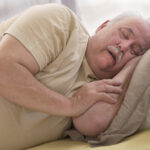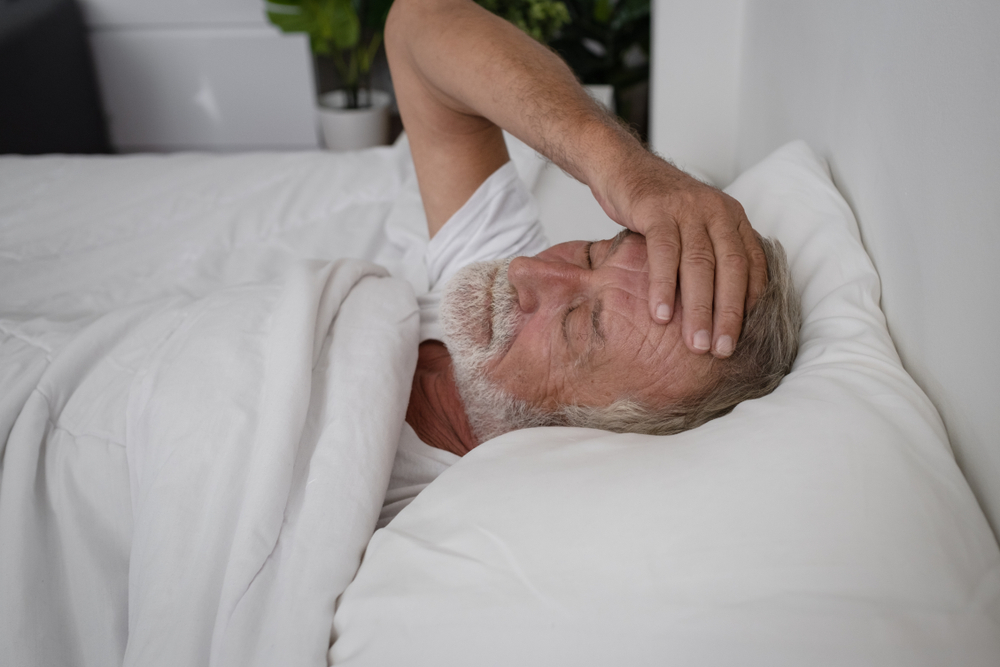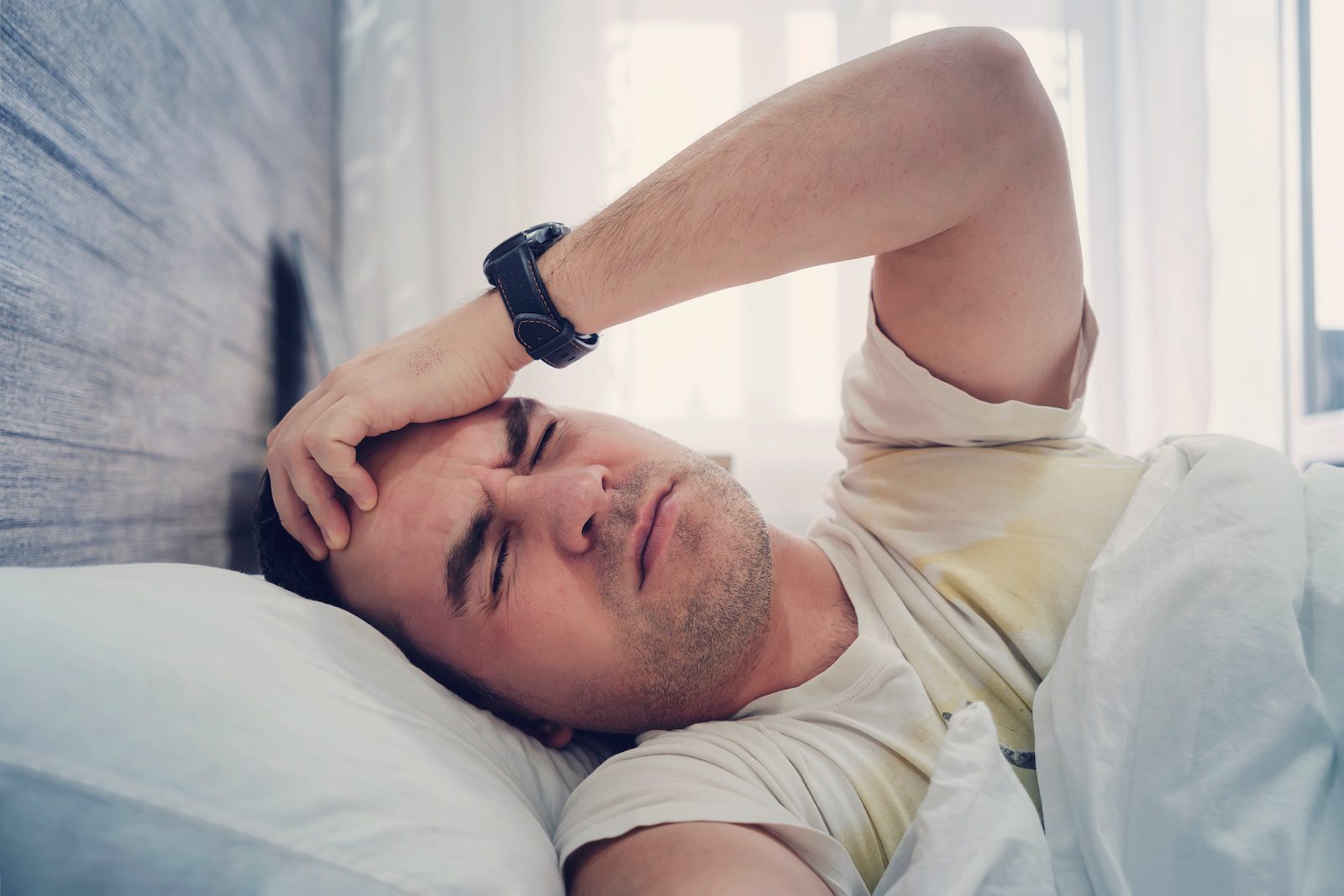Waking up to urinate at night can be an unpleasant experience. Some people find going to the bathroom at night disrupts their sleep, making it difficult to fall back asleep after waking up. People may seek treatment for nighttime urination, which often involves identifying and treating potentially related disorders.
Sleep apnea, a disorder that affects a person’s breathing during sleep, is one of the many medical conditions that have been found to coexist with urinating frequently at night. We examine how and why nighttime urination and sleep apnea often overlap and provide management tips.
Think You May Have Sleep Apnea? Try an At-Home Test
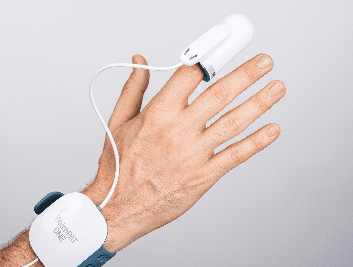
our partner at sleepdoctor.com
Save 45% on your Sleep Test Today
Shop now“Truly grateful for this home sleep test. Fair pricing and improved my sleep!”
Dawn G. – Verified Tester
What Are Nocturia and Sleep Apnea?
People with sleep apnea experience frequent, repeated pauses in breathing during sleep. Obstructive sleep apnea (OSA) is the most common form of this disorder, and it's typically diagnosed with a sleep study. Symptoms like snoring, excessive daytime sleepiness, headaches, trouble concentrating, and nighttime urination are seen in OSA.
Nocturia, also called nocturnal urination, is the regular urge to get up and urinate at night. In the U.S., about 50 million people experience frequent nighttime urination. Among those between ages 18 and 49, more women experience nighttime urination than men. However, after the age of 60, more men are affected. Nighttime urination also occurs more among Hisptanic and African-American adults.
In 88% of people who tend to wake up at night with a need to urinate, the cause is nocturnal polyuria. In nocturnal polyuria, a higher proportion of daily urine is produced at night.
Can Sleep Apnea Cause Frequent Urination at Night?
While research studies have established a link between sleep apnea and nighttime urination, the connection between the two disorders is uncertain.
Some studies show that treating obstructive sleep apnea reduces nighttime urination, which suggests that OSA may cause the issue. Researchers have proposed several possible ways OSA may trigger nighttime urination, such as by putting stress on the bladder through low oxygen levels and the release of hormones known to increase urine production.
According to experts, nighttime urination affects up to half of people who have OSA. Because nighttime urination is so common in OSA, some experts encourage doctors to ask about it when screening for sleep apnea. People underreport this symptom to their doctors, perhaps because of embarrassment or a belief that it is a normal occurrence.
If a person experiences frequent nighttime urination, that doesn't necessarily mean they have a type of sleep apnea. Like sleep apnea, other factors are associated with nighttime urination, including:
- Drinking water, coffee, or alcohol before sleeping
- Eating a lot of salty foods
- Bladder or urinary tract infection
- Pregnancy
- Alcoholism
- Diabetes
- Heart failure
- Taking certain medications
- Problems with the veins in the lower legs
- Swelling in the legs
- An enlarged prostate
Bed Wetting and Sleep Apnea in Children
Children with obstructive sleep apnea may also experience frequent nighttime urination and may wet the bed. Bed wetting is also known as enuresis, but this symptom is recognized less frequently than other symptoms of sleep apnea. About 33% of children with OSA wet the bed, compared to 15% of children without this disorder.
According to experts, OSA that may lead to bed wetting in children through increases in:
- Abdominal pressure
- Blood pressure
- Levels of hormones that stop the body from retaining water
- Bladder pressure
Children with OSA commonly have swollen adenoids and tonsils. Surgical removal of the tonsils and adenoids is a recommended procedure in children with OSA that are above the age of two. Though there are some exceptions, surgical removal of the tonsils and adenoids has been shown to cure bed wetting in more than 60% of children.
Sleep Apnea and Nighttime Urination in Older Adults
Both nighttime urination and OSA occur more frequently with age. Of people with OSA, older adults are more likely to experience nighttime urination than those who are younger.
The development of nighttime urination in a person with OSA may vary depending on their sex. For example, women and people assigned female at birth are more likely to experience both OSA and nighttime urination after menopause. While many factors may be involved in this increased risk, some researchers suggest hormonal changes may play a role. More research is needed to be certain, however.
Managing Nocturnal Urination in Adults
Nighttime urination can be managed by first identifying related conditions, then treating them appropriately. Certain lifestyle changes may also be recommended to reduce nighttime urination.
When to Contact your Health Care Provider
Tell your doctor if you wake up to urinate at night over the course of several days, feel bothered by waking up to urinate, or experience discomfort when you urinate. To help your doctor better understand your situation, consider tracking the amount of liquids you drink and how frequently you urinate.
Although it may not be as widely acknowledged, obstructive sleep apnea is commonly associated with nighttime urination. If you experience other symptoms of OSA like snoring, daytime sleepiness, difficulty concentrating, gasping for air while sleeping, morning headaches, or mood changes, mention these symptoms to your doctor as well.
If your doctor suspects you may have OSA in addition to nighttime urination, they will likely recommend a sleep study in a sleep lab or an at-home sleep apnea test. Your doctor may also ask questions or order other tests to look for other health conditions that may trigger the need to urinate.
Tips to Reduce Nighttime Urination
You can take several steps to try and reduce nighttime urination, such as:
- Avoiding drinks that increase urine output, like caffeine and alcohol, in the evening
- Reducing overall fluid intake at least two hours before bed
- Using the restroom more before bed to better empty the bladder
- Eating fewer salty foods or snacks
For some people, such as people with mobility issues, walking to the bathroom during the night may not feel safe. In these instances, managing nighttime urination may include keeping a urinal or commode in the bedroom to avoid walking to the bathroom during the night.
Medications for Treating Nighttime Urination
Medications could be helpful for people who continue to experience nighttime urination despite making behavioral changes. Medications that doctors may recommend include:
- Bladder relaxants: These are a group of medications that work by increasing the capacity of the bladder while reducing the need to immediately urinate. This medication is not recommended for people who have or may experience cognitive problems like confusion and dementia.
- Antimuscarinic medications: This class of medications works by reducing abnormal muscle contractions of the bladder. They are also known to cause dry mouth, constipation, and drowsiness and are not recommended for people with stomach or heart problems.
- Beta-3 agonists: These drugs are an option reserved for people who are not able to tolerate antimuscarinic medications. They are as effective as antimuscarinic agents and preferred for older adults. However, beta-3 agonists are not recommended for people with severe high blood pressure.
- Vaginal estrogen therapy: A topical estrogen treatment can be used by women who have undergone menopause. This treatment can be used on its own or together with other medications.
- Desmopressin: This medication is reserved for those who have failed other medications for nighttime urination and is not considered a first-line treatment. Desmopressin works in the brain to help the body retain water, thereby reducing the need to urinate.
Managing Nighttime Urination in Children
Managing nighttime urination in children may look different than management for adults given children's differences in age, development, and ability to adequately care for themselves. Nighttime urination and bed wetting management tools include:
- Educating parents: Teaching parents how common bed wetting is can promote optimism. Sharing that most children are eventually cured may reduce parents' guilt, and encourage them not to give punishments for bed wetting.
- Encouraging the child: Children can be encouraged to take actions that may help reduce bed wetting, such as maintaining a journal, keeping a dry bed chart, and learning to change a wet bed.
- Keeping a journal: Maintaining a record of how often and how much a child urinates over the course of at least three or four weeks can help doctors accurately diagnose the condition while assessing the bladder capacity of the child.
- Regulating fluid intake: Limiting the amount of fluid and caffeine a child takes in, especially before bedtime, can help reduce the amount of urine they produce at night. They may need to drink more fluids earlier in the day to make sure they are consuming enough liquids.
- Using a behavioral intervention: Parents can take actions to help reduce the likelihood their child will continue wetting the bed. For example, they may wake the child or carry them to the bathroom prior to the time of night they often bed wet. There are also bladder-stretching and pelvic floor muscle exercises that may help.
- Enuresis alarms: Children wear these devices on their bodies. When they urinate, drops of urine trigger a vibration or alarm that is designed to wake up the child. Experts recommend the alarm should be worn for about three months, until the child stops bed wetting for at least two weeks straight.
- Medication: Desmopressin and imipramine are two medications that have been shown to be effective in treating bed wetting in children. They are typically only used in children who are at least seven years old.






